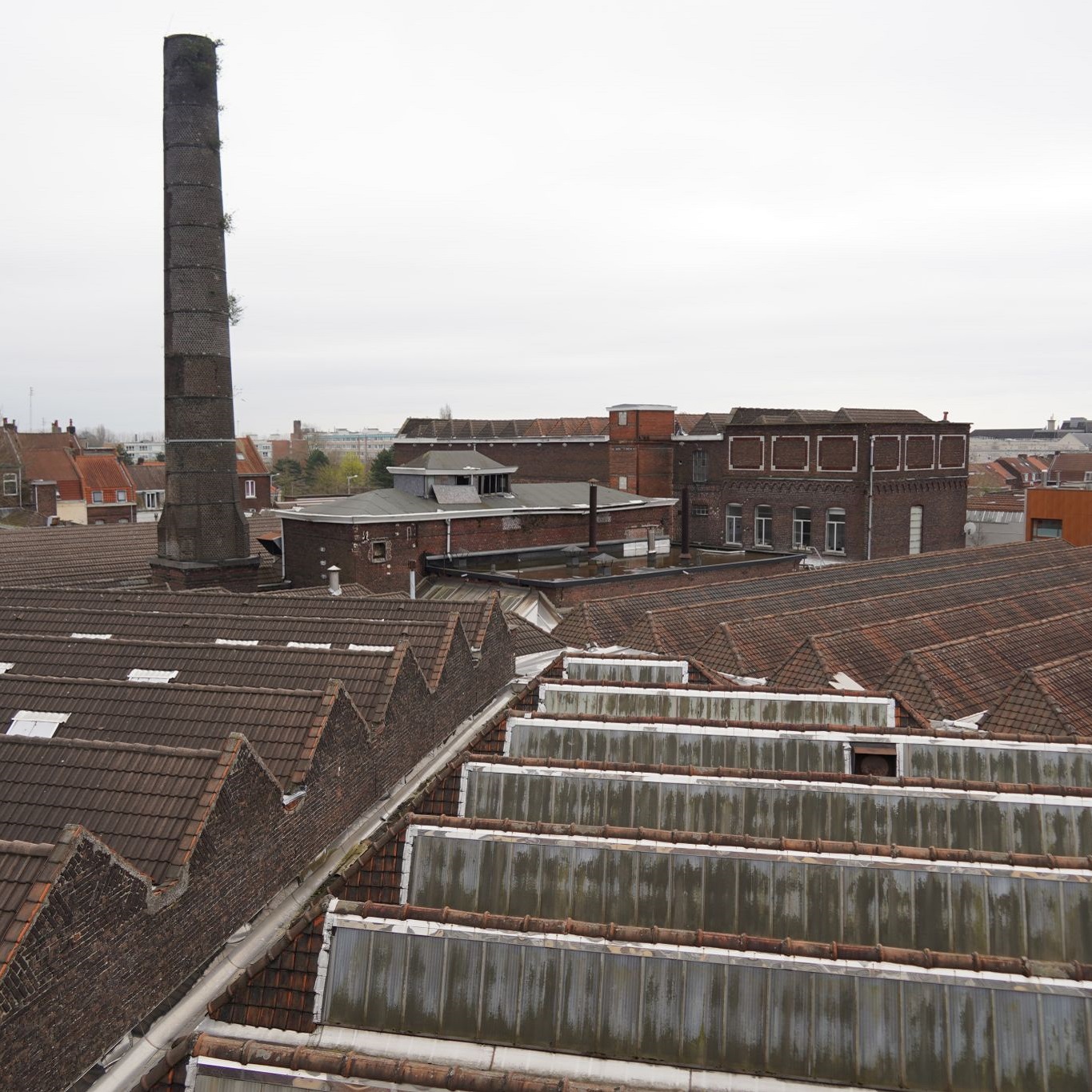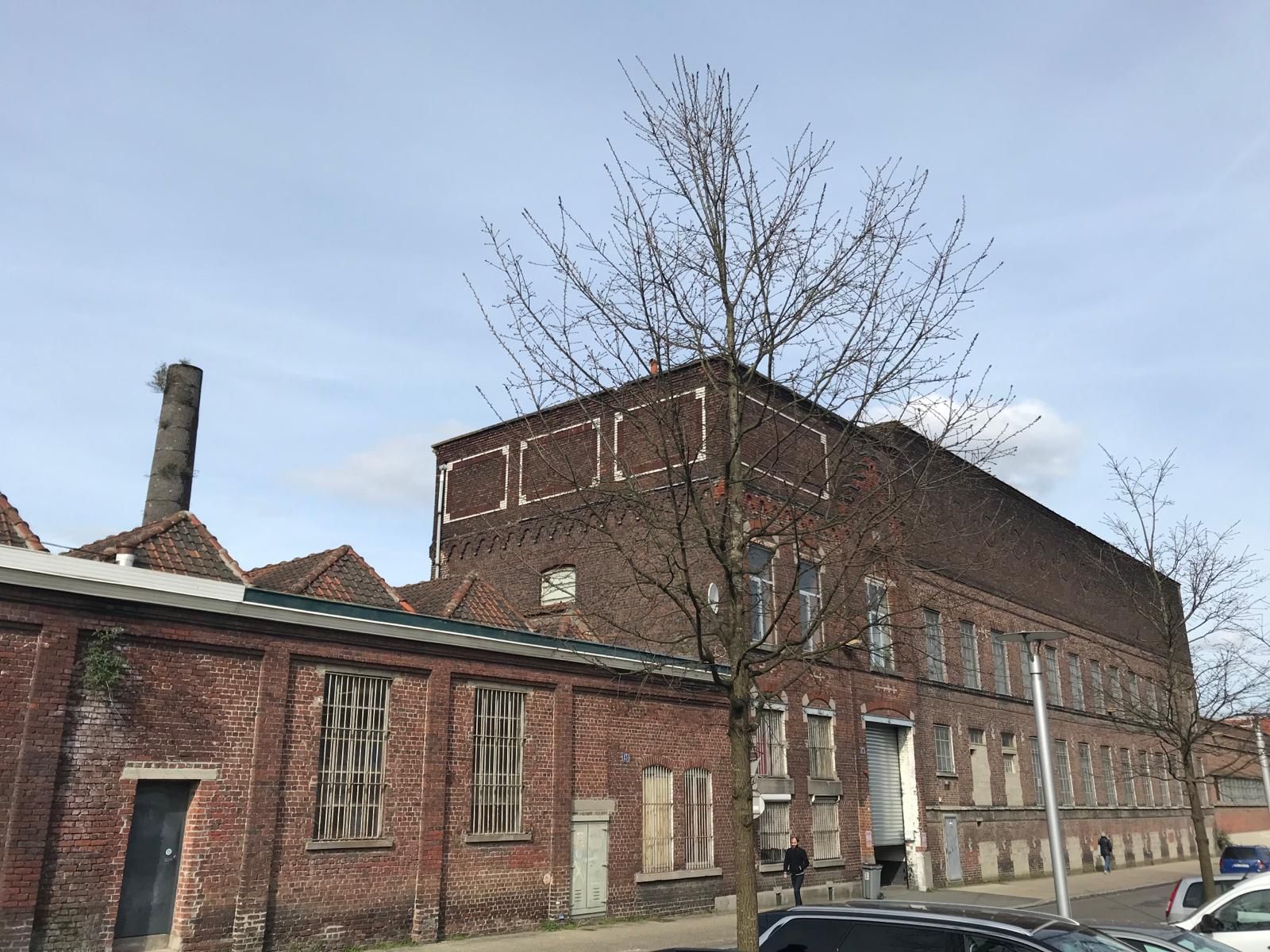
Tissel
Roubaix, France
Tissel is a circular SME business hub project, established in an old factory that was nearly abandoned by its previous owner. To prevent the site from becoming a wasteland, the city of Roubaix purchased the factory building and transformed it into a hub for circular economy-related SMEs. The project is highly complex due to the diversity of stakeholders involved and the challenge of refurbishing an old building in an economical, low-tech, and circular manner while meeting current safety and accessibility standards.
Focus sectors
What do we want to achieve?
Renovate an old factory to develop offices that will create a pool of circular economy related SMEs.
The first step is to restore the building by renovating the roof, insulating the building envelope, and replacing the windows, all while utilising low-carbon energy sources such as the urban heating network and installing PV panels. Once the renovations are complete, the ground floor will be dedicated to production, the first floor to a business incubator, and the second floor to events.

What is our circularity impact?
- Reduced waste generation - By refurbishing the building there is an opportunity to avoid it becoming a wasteland and making use of existing built environment.
What is our circularity strategy?
Circular strategy 4: Reuse
Reuse by another consumer of a discarded product which is still in good condition and fulfils its original function.
Circular strategy 7: Repurpose
Use a discarded product or its parts in a new product with a different function.
Circular strategy 5: Repair
Repair and maintenance of defective product so it can be used with its original function.
Circular strategy 6: Remanufacture
Use parts of discarded product in a new product with the same function.








